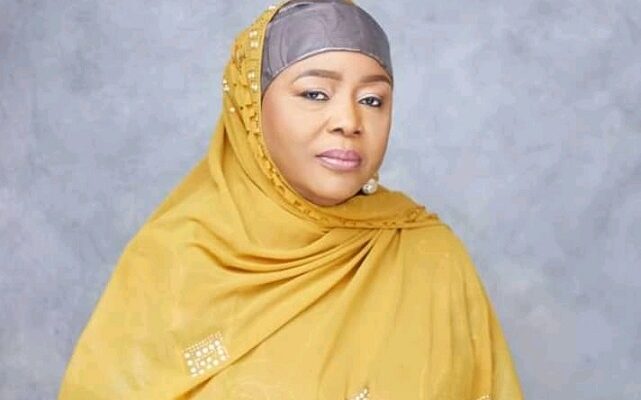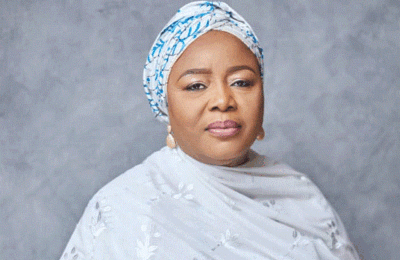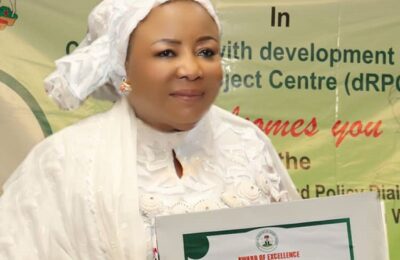One of the most critical mandate given to the chairman and members of the commission by the President, Mohammadu Buhari when swearing them in as chairman and commissioners of the Federal Character Commission (FCC) was to address the issues of perceived inequalities in the country. This directives was altruistically given because it is now generally accepted that the rate of unemployment’s and death of critical developmental infrastructures in the rural areas is indeed an issue that must be addressed now as not addressing it is tantamount to postponing the evil days.
Nigeria, indeed, suffers among the highest levels of inequality in the world when measured by the commonly used Gini index. With a growing population estimated to reach the 210million mark by independent analyst and commentators, this issue needs urgent government efforts to address.
According to our laws, the Federal Character Commission is one of the critical governmental institution saddled with the responsibility of addressing these imbalances of inequalities in the country. Inequality manifest itself through skewed incomes- distributions, unequal access to opportunities and above all regional/zonal disparities, low growth and rising unemployment have all contributed to the persistence of inequalities in the country.
Prior to the advent of the Buhari regime, the Nigerian government have used different tools to tackle the stubborn levels of inequality that have plagued the country to no avail because of certain fundamental issues that remained unaddressed and this issues are at the heart of why this perceived inequality persevered. The major tools used in addressing this inequalities by previous administration is the usage of progressive fiscal redistribution and this is hardly enough.
Efforts to reduce inequality have for so long also focused on higher levels of social spendings, targeted government transfer and affirmative action to diversify wealth ownerships and promote entrepreneurship among the perceived previously marginalized. These measures all along needed to be complimented by reforms that promotes private investments, jobs and inclusive growths. Today, being a woman of experience and vision and knowing vividly that this is the missing links in efforts in addressing the inequality labyrinth, Muheeba Dankaka, quickly as chairman of the FCC embarked on a pragmatic and systematic reforms efforts which has culminated into the implementations of this missing links.
In embarking on this reforms which the Indices from the federal office of statistics and the world bank reports applauded as succeeding, Muheeba Dankaka, took into consideration six basic truth that tells the story of Nigeria’s inequality. These includes and is not limited to this:

Inequality Has Remained Stubbornly High
Nigeria started the 1990’s with already elevated inequality as the policy of the military regimes of that era exempted a large swash of the population from economic opportunities. The country’s Gini-an index that measured inequality has increased further in the early 2000’s and has remained high since with no altruistic attempt to solve it. Meanwhile, our peers in other other countries have been able to make inroads in addressing their inequality.
Significant disparities Remain Across Zones and States
Income capital gautering-the main economic zones that comprises cities like Kano, Lagos, Aba, Ibadan etc is almost twice the level as that found in the mostly rural areas like Otukpo and Idah. Being close to the economic centred increases jobs and income prospects.
Subdued Economic Growth Has Jeopardized Efforts to Promote Inclusion
With growth stagnation over the past decades, the economy has not created jobs to absorb the unemployed and new entrants into the labor markets Broad- based policies and reforms to address the redistribution of wealth and economic resources to the grassroots and generate more low-income and skilled jobs for the unemployed are urgently needed to support inequality reduction. This became an obligation and not a plea.
High Unemployment is The Major Factor Behind The Inequality
Nigeria unemployment rate is significantly higher than in other erhing markets of the world with youth unemployment exceeding 50percent. Creating more low-skilled jobs to improve the labour participation especially in the poorest zones/ states will spur inclusions. Employment prospects can be enhanced by increasing and improving the quality of education and facilitating affordable transportation to job centres.
Fiscal Policies Need to be Used Effectively to Reduce Inequaity
Currently, a slightly progressive tax system and effective social safety nets are needed to reduce overall inequality(relative to the market income).NIGERIA’S high debt level has reduced the government scope to further leverage fiscal policy as a redistributive tool.
Thanks to the chairman, Muheeba Dankaka, realizing that Nigeria needed further fundamental reforms for robost and inclusive growth.Her reforms focus now is to creating an enabling business environment more condusive to private investments and job creation which includes reforms in such areas as,improved governance,reducing the cost of doing business,making goods and services markets more open to competition,allowing firms to compensate workers in line with their skills and productivity,and finally making state-owned service providers more efficient.
This the new FCC is doing with synergy with other required governmental agencies and MDAs.
– Musa Wada writes from Abuja.





